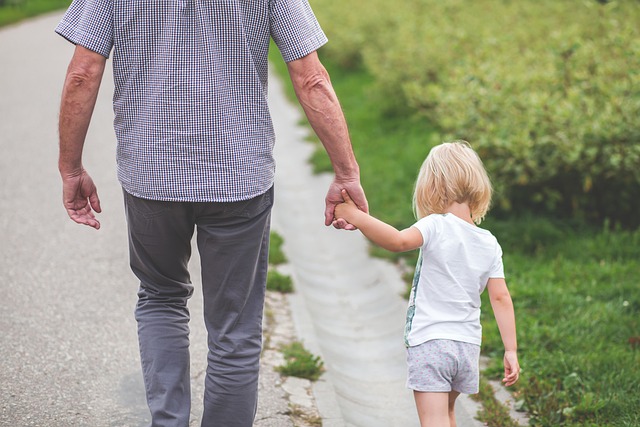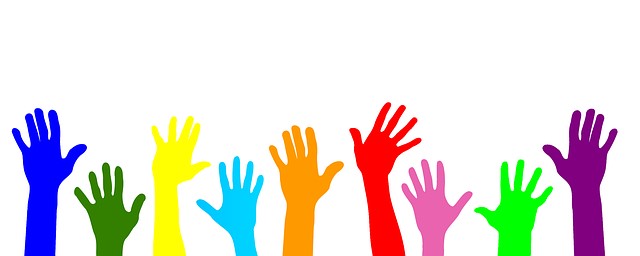Early help

Early help support
The Early Help in Partnership service has been designed for families who may need extra support to get through a tough time or who need some guidance to get them through everyday family life. Early Help is completely non- judgemental, open and honest. Family Support workers are in place to work with you and no decisions will be made without you – getting support does not mean that you are failing, it is a sign that you are trying to improve.
If you’re concerned that a child you know are in need of risk support, you can make a referral to the Integrated Front Door for Stoke-on-Trent Children and Family Services on the online portal: childrensportallcs.stoke.gov.uk
Who can have Early Help?
Anyone who needs it!
You can never predict when you might need extra support, so early help is available at every stage of a child’s life. Whether you are panicking in the late stages of pregnancy or having trouble with a trying teenager we are here to help you.
What is Early Help?
Early Help is not one specific person, team or service. It covers a whole approach provided by teams and services who specialise in different areas. They all work together with you and your family to help improve the situation in the best way for everyone.
When's the best time to get support?
The earlier you access support, the more effective it will be as it helps you to put practical things in place to stop a situation from getting worse.
Could Early Help benefit my family?
When one person in your family has a problem it can often affect everyone else too.
You may be worrying about:
- Someone's physical or mental health.
- A disability or special need.
- Being a carer.
- Domestic abuse.
- Substance misuse.
- Harmful behaviour.
- Involvement in crime.
It could be your child, a young person or another adult, but if the whole family is supported as soon as possible to help cope with their difficulties its more likely that things will improve and everyone will be happier.
How does Early Help work?
Early help identifies and builds on your strengths as a family. We then work with you, whilst providing help and support, to find long term solutions to your issues. We help you to develop your skills, to manage future challenges.
Who would support me and my family?
You will have one main point of contact. This could be someone you already have a good relationship with such as a Youth Worker or Health Visitor. They will be your Lead Worker and will help you access the services you need quickly and easily.
How would my information be used?
The information you and your family provide will only be used with your permission for the people who need it in order to help you (unless there is a risk of harm to an adult or child).
Will I be involved in making decisions?
Absolutely! You and your family will be central to drawing up goals and where it is safe to do so, we won’t make any decision without your involvement. You may use a tool such as an Outcome Star to pull your thoughts together and to help you identify areas of your life you’re happy with and ones you want to work on.
How does the Early Help process look?
Step 1: getting you onto Early Help.
You can ask for an assessment yourself, or someone such as a School Teacher, Nursery Practitioner or Health visitor may ask you to consider Early Help. Completing an assessment is easy - a bit like doing a ‘to do list’. After this a plan is put together with you and your family to help you get it done. The process is completely voluntary and we work WITH you every step of the way.
Step 2: listening to your needs.
Your Lead Worker will meet up with you and your family to listen to your views, needs, difficulties and to learn what's working well for you as a family. We use a family tree style approach to see how you work together as a family and to see what support you have from friends and local community. This approach means you can identify your goals and put actions together with people who will be supporting to you to achieve them.
Step 3: your plan of support
This will say who is going to do what and when, it will include things you and your family can do to help yourselves. You will get together regularly with your Lead Worker to review this support plan to see if it is working or if it needs to change . The support will continue until you and your family feel confident enough.
How do I find out more?
- Talk to someone you are already in contact with, like a Teacher , Health Visitor or Youth Worker.
- Visit: childrens.stokecommunitydirectory.co.uk
- Call your local Children’s Centre and talk to one of our experienced Family Advisors.
- Email: supportingfamilies@stoke.gov.uk..
- Facebook: Stoke-on-Trent family hubs.
Where else can I get parenting advice?
Take a look at the Supporting Families group work offer. There are a number of courses that cover a child’s journey from before they are born through to adolescence. You can explore these as part of your support package or on their own. Email: familygroups@stoke.gov.uk.

